"Deal reached over distribution of power"
The Democratic Party (DS), G17 Plus and the Socialist Party of Serbia (SPS) have agreed on “inter-party control” in “their” future ministries, daily Blic says.
Tuesday, 01.07.2008.
13:13

The Democratic Party (DS), G17 Plus and the Socialist Party of Serbia (SPS) have agreed on “inter-party control” in “their” future ministries, daily Blic says. The DS and G17 Plus agreed that in their respective departments, the ministers would be from one party and state secretaries or deputies from the other, and a similar agreement was also reached in 90 percent of cases with the SPS, the daily learned from senior G17 Plus officials. "Deal reached over distribution of power" Blic reports that a division of authority between the parties expected to form the government would not be complete until posts in ministries, as well as public companies under their direct control, had been allocated down to the very last one, because only this would help establish a clear correlation of power and financial control between them. The public companies, the daily understands, will be proportionally divided between the parties, depending on the number of seats won in the republic parliament. The new ministries will contain members of all three main parties in the ruling coalition—the DS, G17 Plus, and the SPS. This is not a divisive issue for the Democratic Party (DS) or the Socialist Party of Serbia (SPS). Representatives of the DS-led “For a European Serbia” coalition and the SPS claim that they do not see such an arrangement as a sign of a lack of trust among the parties, and believe that this way no single party can fully control a ministry. "During the negotiations on forming the new government, we’ve agreed that no party should have overall control over ministries , but that they should contain representatives of other parties too,” said senior SPS official Zarko Obradovic. "We’ve done it to avoid a situation that was characteristic with the former government, when everybody—from the minister to the state secretaries—were members of one political option,” he said. Senior DS official Nada Kolundzija said that it was a question of political logic. She said that it was natural for the ministries to be involved in each other’s work, and that one ministry could not go to a single party. "There was an intention to overcome the period when all the ministries were isolated, and to overcome the period of sharp ministry division among the parties,” Kolundzija said, adding that it was better for the unity of government. "It’s a matter of how you judge the things that are best for achieving a united government policy. On the contrary, I think that it will create better trust among the parties,” she said. Kolundzija also said that this way, the government would function as a team, and not as a collection of ministries.
"Deal reached over distribution of power"
Blic reports that a division of authority between the parties expected to form the government would not be complete until posts in ministries, as well as public companies under their direct control, had been allocated down to the very last one, because only this would help establish a clear correlation of power and financial control between them.The public companies, the daily understands, will be proportionally divided between the parties, depending on the number of seats won in the republic parliament.
The new ministries will contain members of all three main parties in the ruling coalition—the DS, G17 Plus, and the SPS.
This is not a divisive issue for the Democratic Party (DS) or the Socialist Party of Serbia (SPS).
Representatives of the DS-led “For a European Serbia” coalition and the SPS claim that they do not see such an arrangement as a sign of a lack of trust among the parties, and believe that this way no single party can fully control a ministry.
"During the negotiations on forming the new government, we’ve agreed that no party should have overall control over ministries , but that they should contain representatives of other parties too,” said senior SPS official Žarko Obradović.
"We’ve done it to avoid a situation that was characteristic with the former government, when everybody—from the minister to the state secretaries—were members of one political option,” he said.
Senior DS official Nada Kolundžija said that it was a question of political logic. She said that it was natural for the ministries to be involved in each other’s work, and that one ministry could not go to a single party.
"There was an intention to overcome the period when all the ministries were isolated, and to overcome the period of sharp ministry division among the parties,” Kolundžija said, adding that it was better for the unity of government.
"It’s a matter of how you judge the things that are best for achieving a united government policy. On the contrary, I think that it will create better trust among the parties,” she said.
Kolundžija also said that this way, the government would function as a team, and not as a collection of ministries.






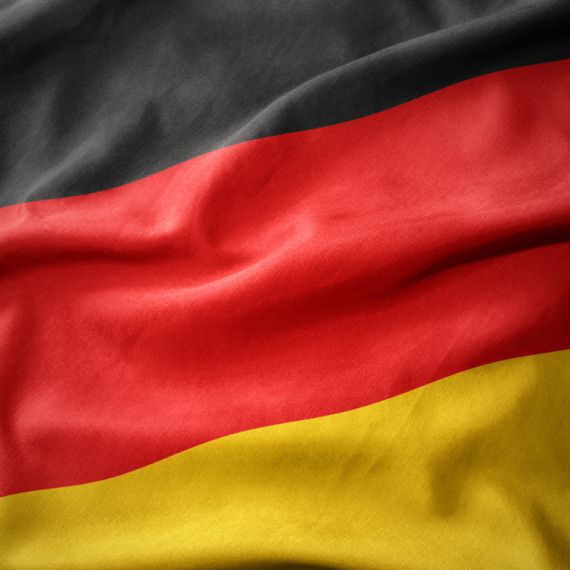




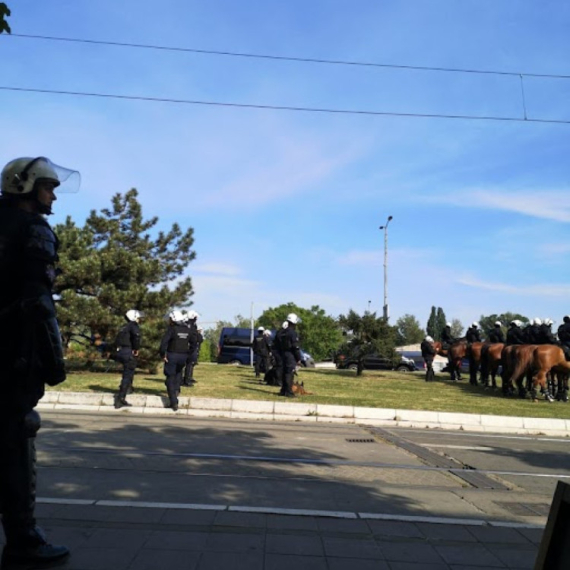




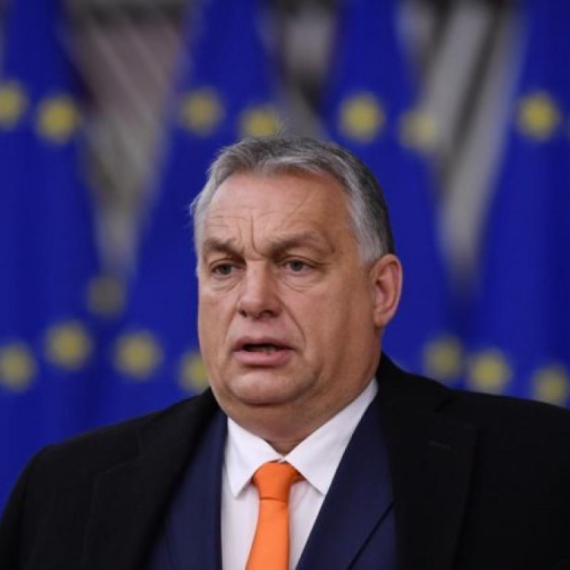
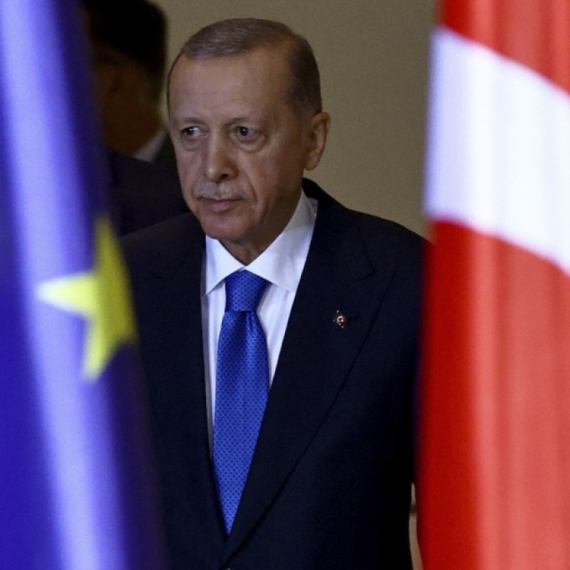

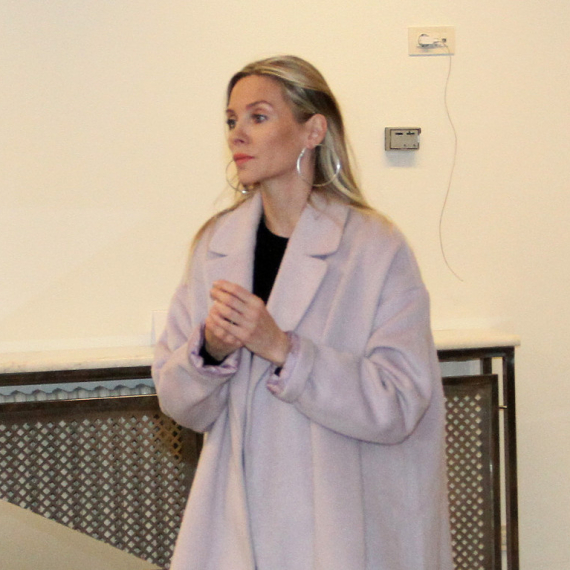
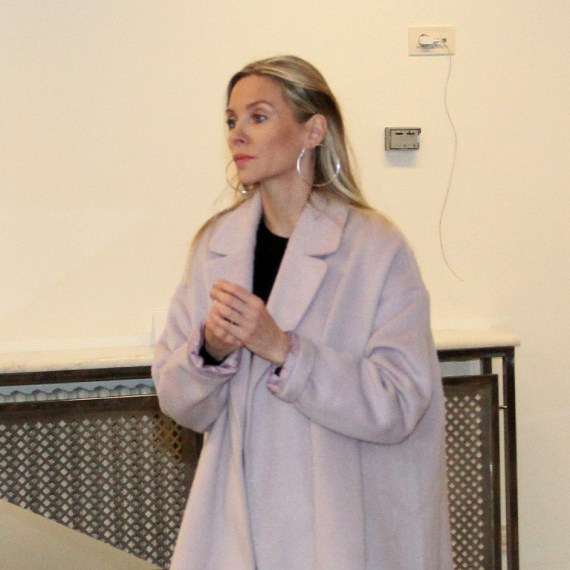
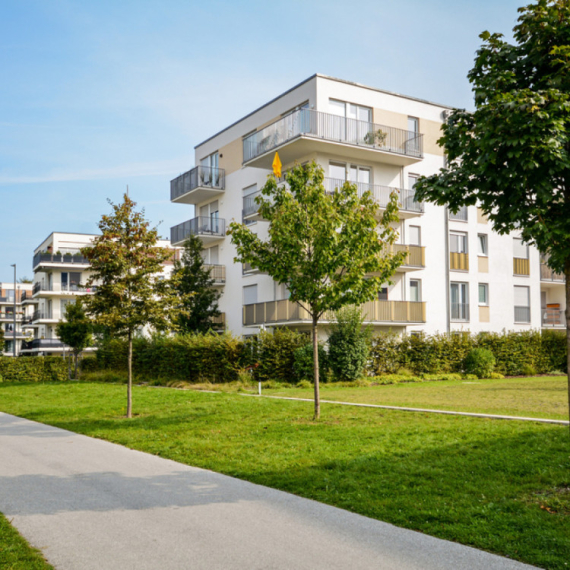
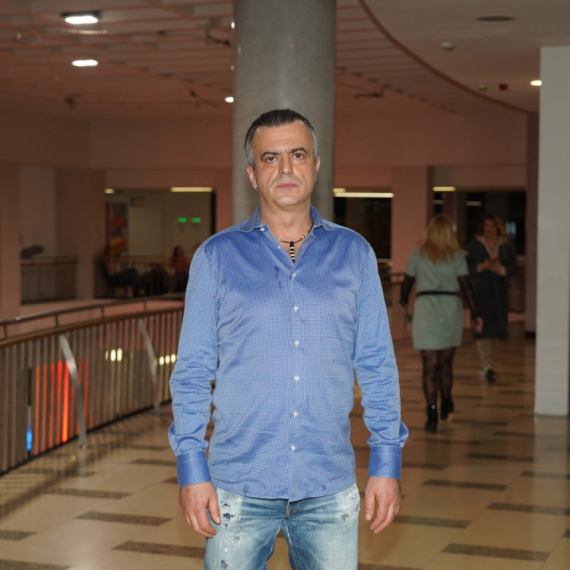































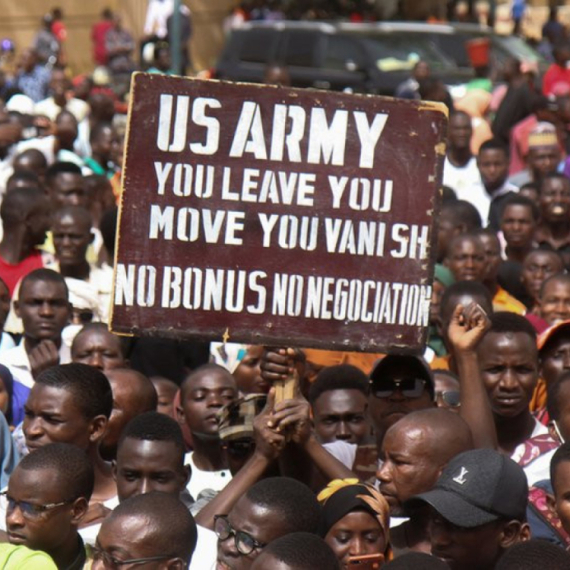
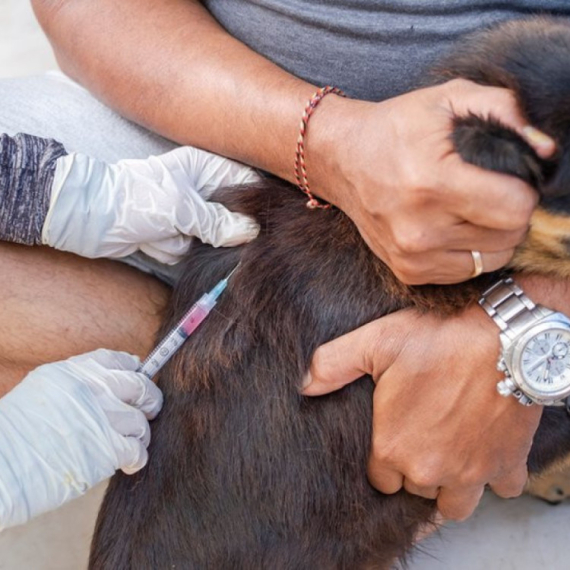



Komentari 1
Pogledaj komentare